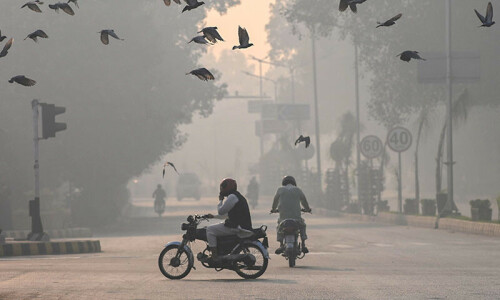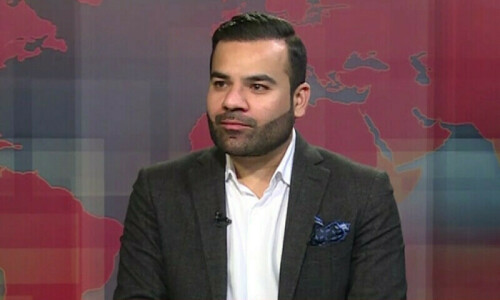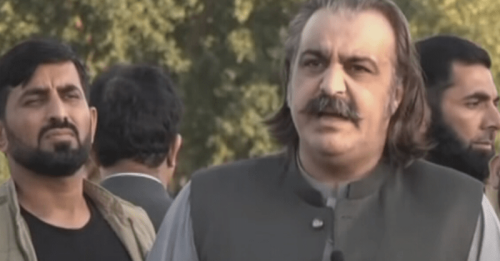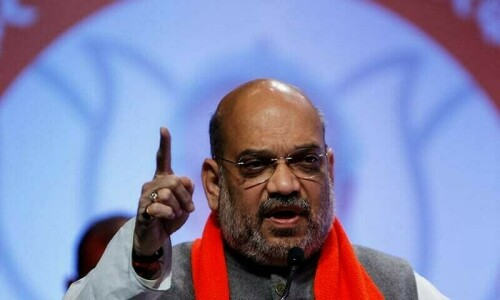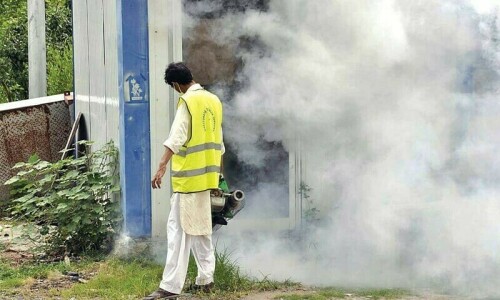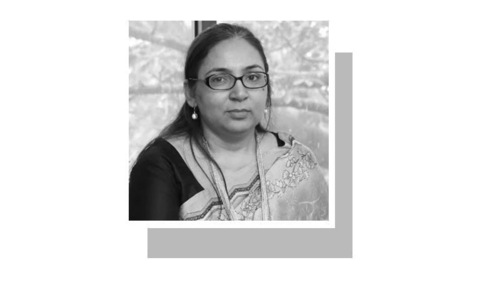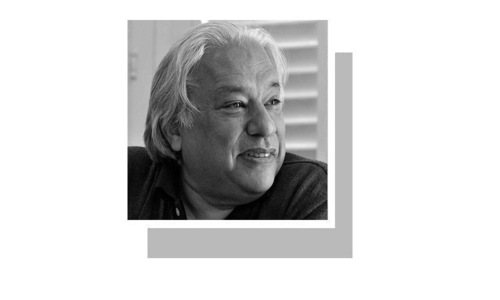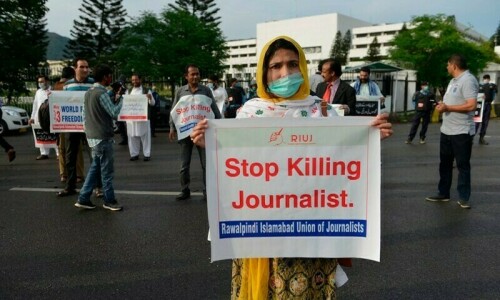
KARACHI: Demonstrations were held in different cities of the country including Karachi, Lahore, Rawalpindi and Islamabad on Monday on the call of the Shia Ulema Council over the deadly bombing in Quetta that claimed at least 84 lives, DawnNews reported.
Traders in Karachi had announced a shut-down until 4:30 om whereas the protestors continued their sit-ins.
Shops and markets were earlier shut down in parts of Karachi and traffic was scarce. Furthermore, a number of government and private educational institutions were also closed and the strike was also affecting the schedule of the flights and trains to and from the city.
Women and children were also partaking in the sit-ins being held at the city's M A Jinnah road's Numaish chowrangi, Aisha Manzil, Ancholi, Shahrah-i-Pakistan and Shahrah-i-Faisal.
Moreover, flight schedules were also being affected as the patch between Drigh Road and the airport was sealed. A sit-in was also staged on the railway track in Malir Town which had led to affecting the schedule of trains traveling to and from the city.
The protesters and participants of the sit-ins say they would continue to demonstrate until the demands of the heirs of those killed and wounded in the bombing are not met.
The Pakistan Bar Council, Sindh High Court Bar Association, Karachi Bar Association and Malir Bar Association boycotted court proceedings to protest against the killings of innocent citizens in Quetta.
Some enraged protestors in Islamabad engaged in rioting near the Faizabad bridge injuring several media persons including a camera man of DawnNews.
The routes to Islamabad airport were also blocked by the protestors.
Similarly the activists of the Majlis Wahdatul Muslimeen (MWM) held protests outside the Governor's house in Lahore. Lawyers belonging to the Lahore Bar Association had announced a boycott of court proceeding over the Saturday's carnage in Quetta.
Earlier on Sunday, demonstrations and sit-ins were held in most several and towns across the country. There were calls for handing over Quetta to the army to protect the life and property of the people, particularly of the Hazara Shia community.


